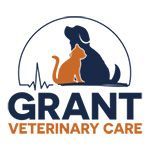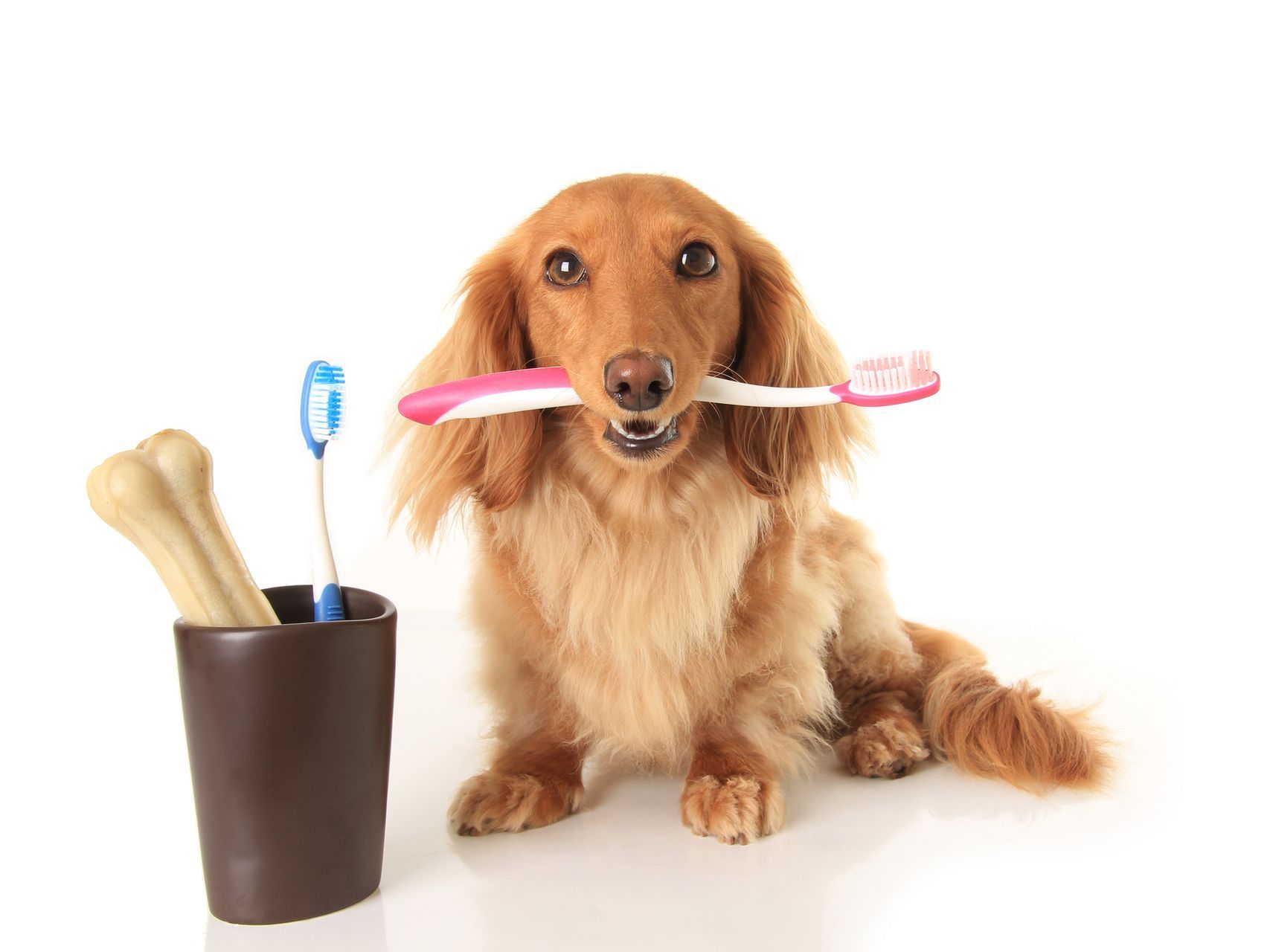Dental cleanings at GVC include the following:
1. Preoperative blood work:
- CBC/Chem 17/electrolytes
- Feline ProBNP (test that detects silent heart disease in cats)
- Bile acids (dogs with elevated liver enzymes)
2. Dental Cleaning:
- Sedation, IV catheter, IV fluids, Gas anesthesia, ECG/BP/ETCO2/Pulse oximetry monitoring equipment, Emergency drugs if needed, Thermoregulation fluid warmer and water heating pad, Full mouth radiographs (pre and post-surgical extractions), any surgical flaps, extractions, suture required to extract abnormal teeth, Ultrasonic scaling, Polish
3. Medications
- Injectable Cerenia (anti-nausea/vomiting medication), injectable Non-steroidal anti-inflammatory (NSAID), to go home oral pain medications for 5 days, e-collar.
According to the AVDC they have found research that indicated that about a third of dogs have fractured teeth and about two-thirds of cats have resorptive lesions. Dogs have a total of 42 teeth and cats have a total of 30 teeth.
Signs of oral health problems in dogs and cats are:
- Bad breath
- Teeth that are discolored (yellow or brown) or covered in tartar
- Broken or loose teeth
- Bleeding from the mouth
- Swelling in the surrounding area of the mouth
Home Care
Toothpaste and Brushing (Recommend brushing your pet’s teeth three times a week to daily)
- This helps control gingivitis
- Just remember to NOT use human toothpaste on your pet
Dental Wipes, Rinses, and Pads
- Next best thing to brushing your pet’s teeth
Dental Treats
- Should be used daily and can help reduce plaque and tartar by 69%
Dental Diets
- Kibble that is very large which enforces the pet to chew, essentially scrubbing the plaque away
- Helps with cleaning the molars and premolars
Greenies
- Give daily for meaningful results


